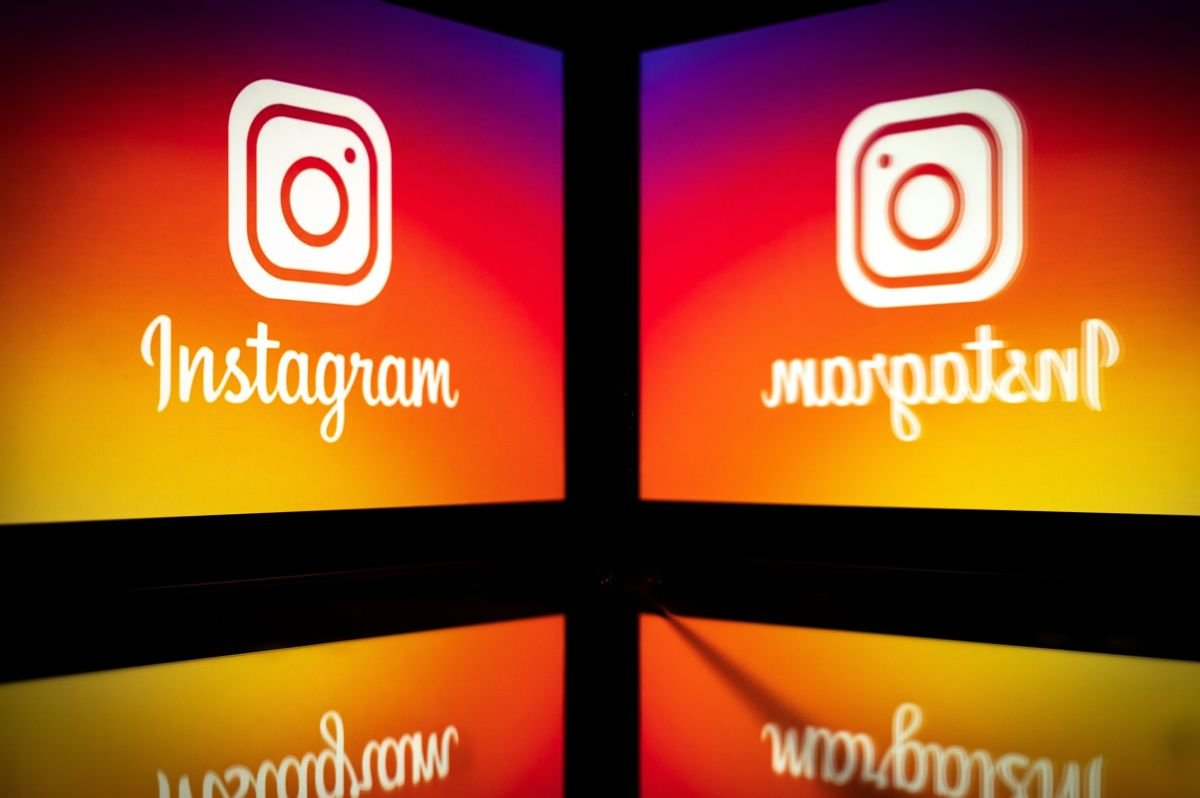If you have been scrolling through Instagram lately and feeling like you aren’t seeing as much political content as before, there’s a reason behind this change. Instagram and Threads have recently implemented a new default setting that limits the political content that users can see from accounts they don’t follow.
However, this change has sparked concern among hundreds of creators who have come together to demand that Instagram make this limit an opt-in feature rather than automatically enabled.
“With many of us providing authoritative and factual content on Instagram that helps people understand current events, civic engagement, and electoral participation, Instagram is thereby limiting our ability to reach people online to help foster more inclusive and participatory democracy and society during a critical inflection point for our country,”
reads an open letter drafted by GLAAD and Accountable Tech, which has been signed by numerous creators, including comedian Alok Vaid-Menon (1.3 million followers), Glee actor Kevin McHale (1.1 million), news account So Informed (3.1 million), activist Carlos Eduardo Espina (664,000), Under the Desk News (397,000), and many others from various meme accounts, political organizers, and entertainers.
One of the major concerns brought up by these creators is Instagram’s broad definition of political content, which they fear could lead to the silencing of marginalized voices. According to Instagram, political content includes anything “potentially related to things like laws, elections, or social topics.” This ambiguity has raised fears among creators about how their content will be affected.
The letter emphasizes that this limit on political content “endangers the reach of marginalized folks speaking to their own lived experience on Meta’s platforms” and also restricts conversations around significant topics such as climate change, gun control, and reproductive rights.
Moreover, for political creators, this change can also have a direct impact on their livelihood as it becomes harder to reach new audiences. While Instagram may not be a lucrative platform for creators in terms of regular revenue sharing, building a strong following can lead to other financial opportunities, such as brand sponsorships.
As the U.S. election season draws near, Instagram’s decision to distance itself from politics could be seen as a way to mitigate any past criticism of its role in elections. However, this move may create more problems by siloing users into political echo chambers where they will only be exposed to information from people who share their viewpoints.
“Removing political recommendations as a default setting, and consequently stopping people from seeing suggested political content poses a serious threat to political engagement, education, and activism.”
The letter concludes with a powerful statement, urging Instagram to reconsider this default setting and its potential impact on political discourse and democracy as a whole.









Thanks for sharing. I read many of your blog posts, cool, your blog is very good.